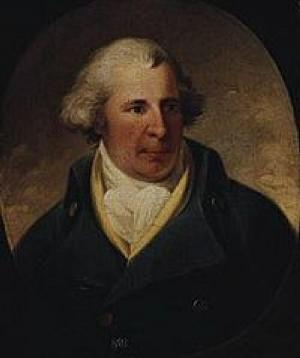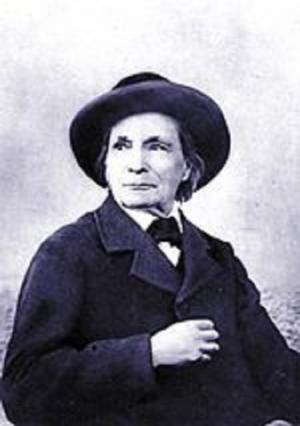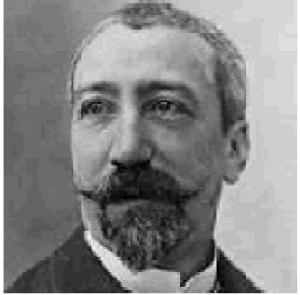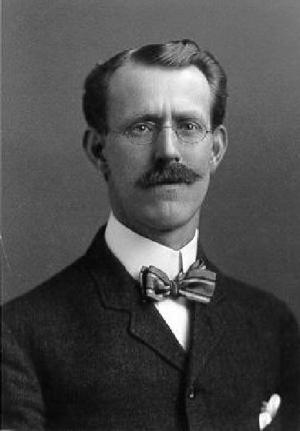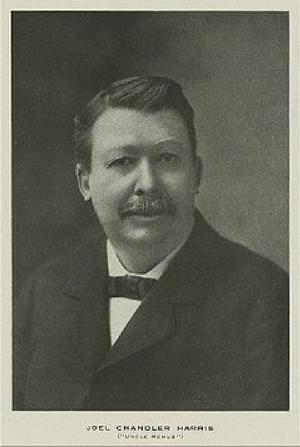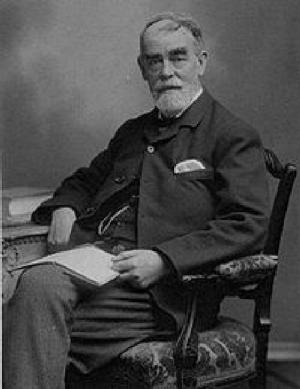| Author: | William Stebbing | ISBN: | 9781455404520 |
| Publisher: | B&R Samizdat Express | Publication: | December 15, 2009 |
| Imprint: | Language: | English |
| Author: | William Stebbing |
| ISBN: | 9781455404520 |
| Publisher: | B&R Samizdat Express |
| Publication: | December 15, 2009 |
| Imprint: | |
| Language: | English |
According to Wikipedia: "John Stuart Mill (20 May 1806 8 May 1873) was a British philosopher and civil servant. An influential contributor to social theory, political theory, and political economy, his conception of liberty justified the freedom of the individual in opposition to unlimited state control.[2] He was a proponent of utilitarianism, an ethical theory developed by Jeremy Bentham, although his conception of it was very different from Bentham's. Hoping to remedy the problems found in an inductive approach to science, such as confirmation bias, he clearly set forth the premises of falsification as the key component in the scientific method.[3] Mill was also a Member of Parliament and an important figure in liberal political philosophy."
According to Wikipedia: "John Stuart Mill (20 May 1806 8 May 1873) was a British philosopher and civil servant. An influential contributor to social theory, political theory, and political economy, his conception of liberty justified the freedom of the individual in opposition to unlimited state control.[2] He was a proponent of utilitarianism, an ethical theory developed by Jeremy Bentham, although his conception of it was very different from Bentham's. Hoping to remedy the problems found in an inductive approach to science, such as confirmation bias, he clearly set forth the premises of falsification as the key component in the scientific method.[3] Mill was also a Member of Parliament and an important figure in liberal political philosophy."




